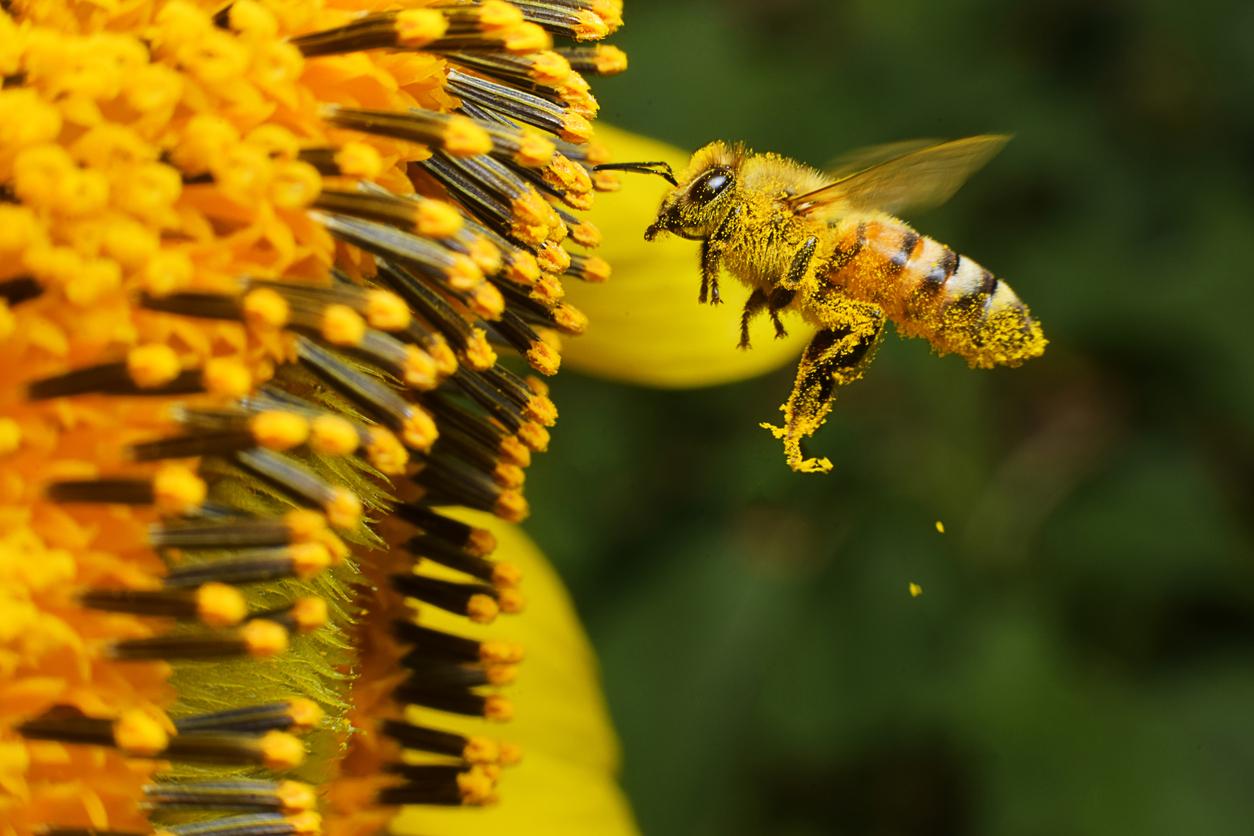How to avoid complications related to bee stings? In Brazil, the Ministry of Health and the National Health Vigilance Agency (Anvisa) has just authorized the first tests in real conditions of an anti-venom serum specific to bitesof bees. At the origin of this antidote: researchers from the center for studies on poisons in poisonous animals (Cevap) at the University of Botucatu (Unesp), in partnership with the Vital Brazil Institute in Rio de Janeiro.
Test anti-venom on 300 people
Initially, the researchers will administer this anti-venom to 20 patients, starting in April 2016, respecting specific criteria. “Doctors participating in the project will be responsible for defining which patient can receive the antivenom and at what dose“, explains Rui Seabra Ferreira, coordinating researcher of Cevap, in a press release from unesp. Then the clinical trial will enter phase 3, that is to say that the antidote will be administered to a larger panel of patients, here up to 300 people. This medication is administered intravenously:20 milliliters of serum gives the body a quantity of antibodies capable of neutralizing 90% of the problems caused by bee stings, the most common in Brazil” specifies the university. The researchers hope to extend the use of this product to all of Brazil, then to the other countries of the American continent largely affected by bee stings.
According to the Brazilian Ministry of Health, the country has nearly 15,000 cases of bee stings each year, including around 40 fatal cases. Bee venom damages the kidneys, liver and heart. Deaths from the bites of this insect are mainly caused by a renal failure.
>> To read also:
Bites: 3 natural solutions to relieve them
Against wasps and bees: we adopt the same remedies
Unusual: in China, they claim to treat with bee stings
Insect bites: the number of allergic people is increasing
















